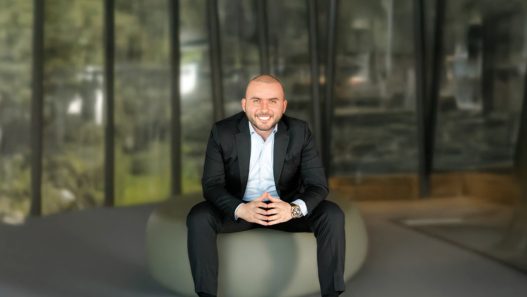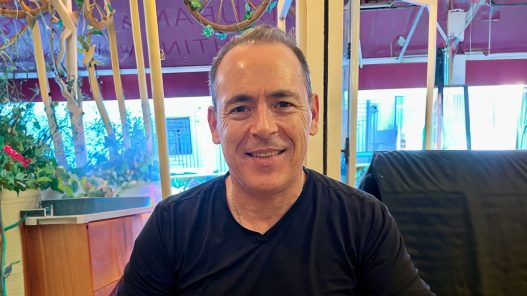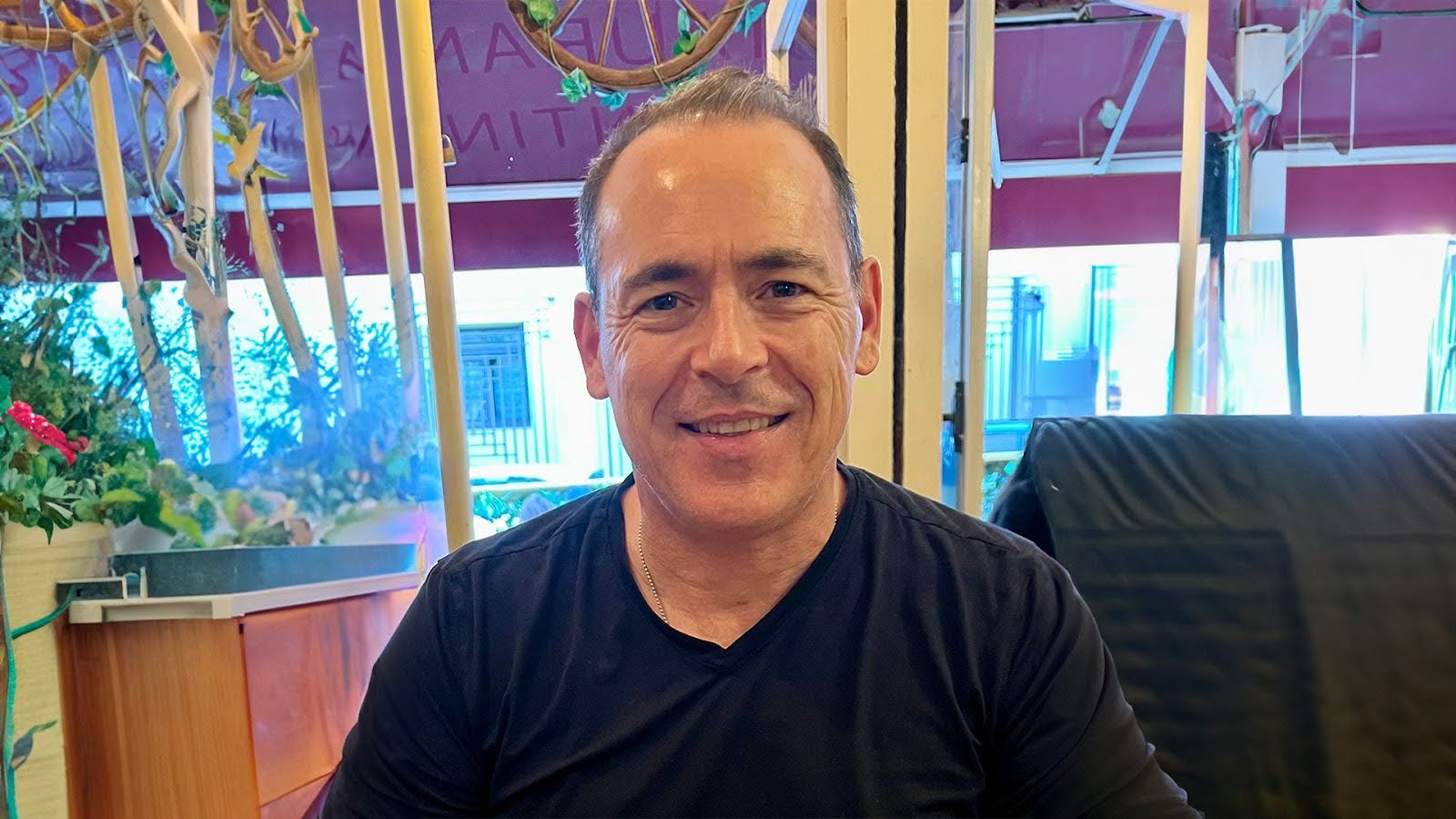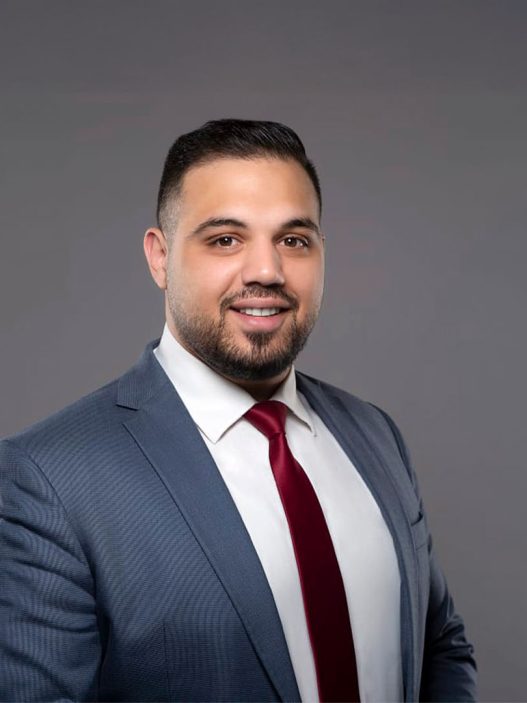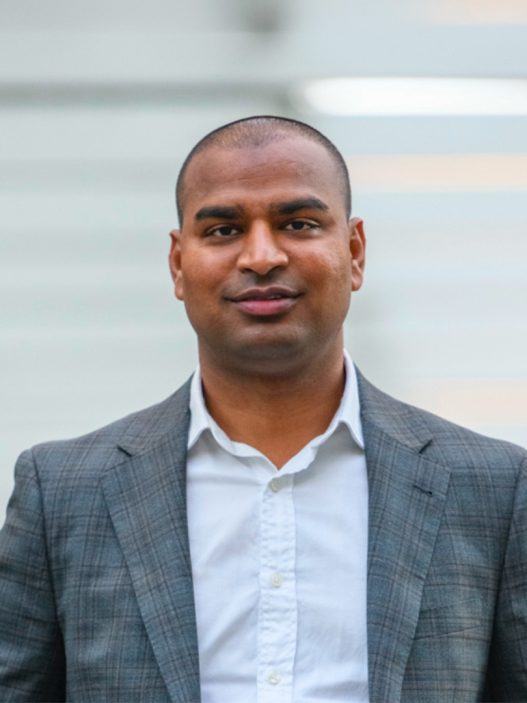Healthcare today often feels like a battle between technology and human connection. While doctors type furiously at computers, patients sit waiting for eye contact and real conversation. But medical leaders, like Dr. Jason La Marca, are finding ways to put technology back in its proper place – as a tool to enhance care rather than replace it. At hospitals and clinics across the country, there’s a growing push to free up doctors and nurses to spend more time with patients. As Dr. Jason, the CMIO leading this charge puts it: “Nobody goes to the doctor because they’re happy. But we can at least try to make it better.”
Experiencing the Patient Perspective
Nothing shaped Dr. Jason’s views on patient care more than being a patient himself. During a follow-up visit at UC San Francisco’s Hospital, he found himself staring at the back of his doctor’s head while she typed away at her computer. “She never once looked up,” Dr. Jason says. “She asked the computer the questions.” Finally, he spoke up: “Excuse me. Is it customary for you to not look at patients?” The doctor’s response? She needed to document everything in real time. Dr. Jason suggested recording the conversation instead – an early hint at his future focus on fixing healthcare’s technology problems.
Reducing the Pain Points of Healthcare
“Nobody goes to the doctor because they’re happy,” Dr. Jason points out bluntly. “They don’t go to the doctor because it’s a great experience.” Yet he believes medical visits don’t have to be quite so unpleasant. His team works on practical fixes – like eliminating the time doctors waste hunting for nearby pharmacies during appointments. Instead of typing zip codes and asking patients if a location works, his system pulls up relevant options automatically. When patients need prescription refills, they can use an app instead of sitting on hold with the office.
Dr. Jason cuts through the hype around artificial intelligence in healthcare. “A ChatGPT style, a generative AI is not a great tool to use. It’s an okay tool – we want great,” he says. Instead, he points to specialized tools like Clinical Key AI that focus purely on medical information and best practices. He sees AI’s real value in helping patients take better care of themselves between visits. Current research is exploring wearables that can spot subtle heart rate changes signaling psychological stress, allowing early intervention before problems escalate.
Leading Change Through Listening
Years of experience have taught Dr. Jason that changing workplace culture starts at the top. “If leadership doesn’t adapt and act as they’re asking their subordinates to be, it will never happen,” he says. “Sure, you can try, but you’ll end up with people that just resent it.” His approach? “You need to listen. When you ask them something, wait for the damn answer,” he insists. “Will you get resistance? Of course, 100%. All the time. Resistance doesn’t mean you’re a jerk. It means you’re starting at a place of communication.”
Testing and Improving Innovative Solutions
Dr. Jason spends much of his free time at healthcare technology conferences, building relationships with innovators and testing new solutions. “I get to hear people whisper a little bit about things that haven’t been released yet,” he says. More importantly, he gives brutally honest feedback about what fails in real clinical settings.
He brings these insights back to his team, but only after careful evaluation. “Part of the strategy is the feedback,” he explains. “Is your job made easier by the fact that I made you use this product? They’ll tell you straight away, ‘Yeah, it’s good’ or ‘No, I don’t use it.'” Through this practical, people-first approach, Dr. Jason continues pushing for a healthcare system that serves both patients and providers better. While technology plays a crucial role, he never forgets that medicine is fundamentally about human beings taking care of other human beings.
To learn more about Dr. Jason La Marca and his approach, check out his LinkedIn profile.




